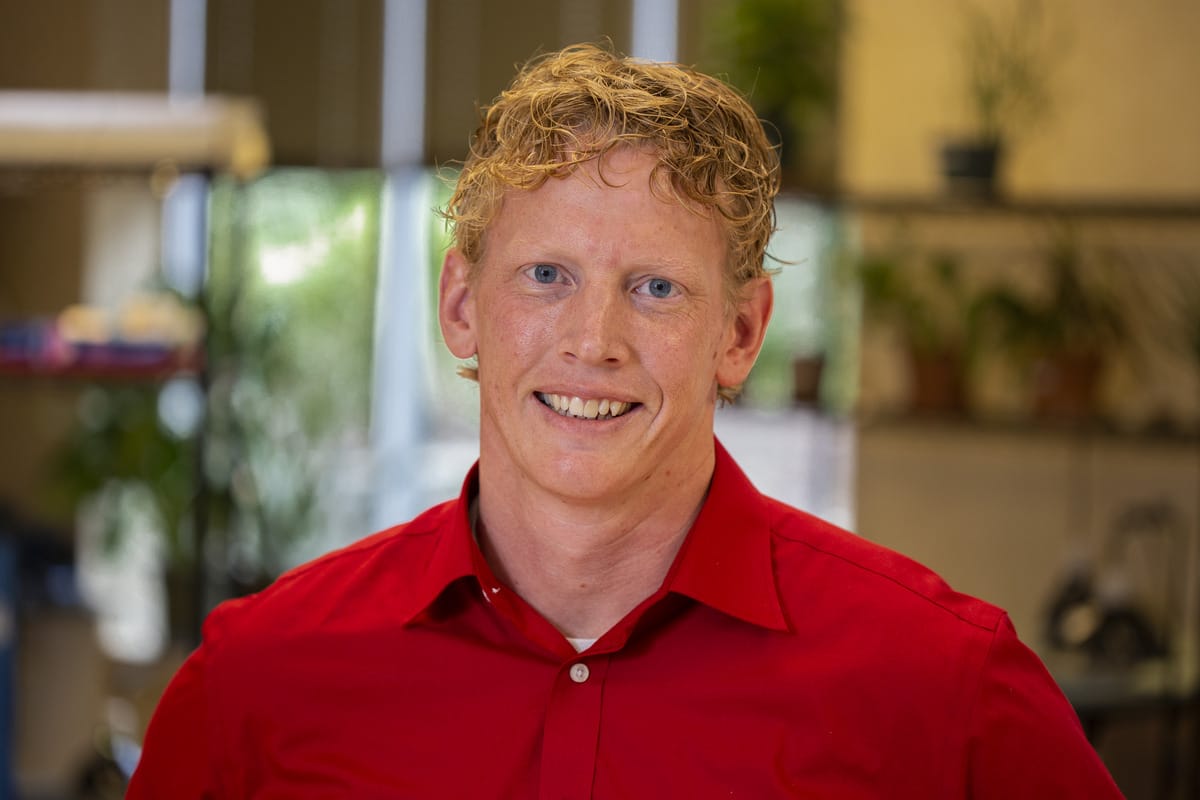After the year you’ve had, you might want to scale down your New Year’s resolutions.
You spent 2020 holding the world together—frantically scrambling to teach through a pandemic, changing your plans more often than you changed your clothes, and doing everything in your power to keep your students safe—physically and mentally. So no one would blame you for skipping the whole resolution thing this year. Keep on keeping on—that’d be enough.
But if you’re looking for that one weird trick to level up your awesome in 2021—and, more importantly, to help you stay sane while you’re doing it, take a page from a long-lost art from another era: packing for vacation.
Big Rocks First
Remember that? We used to travel—and when we did, we’d need to fit everything into the space that we had. Maybe that was the trunk of your Accord. Maybe it was the bag you’d check. Whatever space you had, you needed to make things fit. Inevitably, you’d need to leave some things behind. The hairdryer, the workout clothes you wouldn’t actually get around to using, maybe firewood.
Here’s the point: no matter what space you’re packing, no matter the shape or the size, you are the most efficient when you follow a simple tip:
It’s advice that was first popularized by Dr. Steven Covey in 7 Habits of Highly Effective People, and it’s been confirmed not only by life coaches but by bin packing mathematicians. It means, simply, that we pack our days most efficiently when put first things first. Allocate time to your highest priorities, and fit in your smaller priorities around them.
Rest is a Rock
But what if you don’t want to pack your days?
Big Rocks First has been criticized for its emphasis on hyper-productivity, and the phrase has certainly been used by a slew of people who use the word “hustle” too often and too earnestly. But if used wisely (after all, wisdom is, itself, a pretty Big Rock), the basic idea can actually help create balance and health for our students and ourselves.
Your personal priorities don’t all have to include teaching. In fact, the best teachers create plenty of space for themselves as non-teaching humans; this makes them better teachers, but it would be important advice even if it didn’t. You only get one wild and precious life — it’s important for you to take time to simply enjoy it.
But yes, it also works. The crazier life becomes — the more active our activities — the more rest improves our effectiveness, no matter what we hope to accomplish.
Rocks in Class
As we start to anticipate how to teach on the other side of a pandemic, it’s important to reflect on COVID’s impact and how it ought to affect our priorities. We’re likely to have students who are more stressed and anxious. Many are dealing with loss or have undergone traumatic experiences. Consider making Social-Emotional Learning one of your Big Rocks.
Your students have been isolated. They’ve spent far too much time alone; they’ve given far too few hugs and seen far too few smiles. This is an important part of slowing the spread of the coronavirus, but it left its mark. You might want connection and collaboration to be Big Rocks.
Your students have often felt powerless—little boats adrift in an overwhelming ocean. You can help empower them by listening to their voice, by giving them choice, and by providing your class with authentic ways to make a difference. Perhaps you want to make choice and voice and authentic projects Big Rocks.
And yes, you deserve space. Take five; make R&R your first Big Rock.
Making Things Fit
Fractions and verbs and the War of 1812 are important. They really are. But in 2021, it’s best if they come second. Make sure your Big Rocks fit first, and piece the smaller stuff around them. You’ll be happier and healthier. Your students will be, too. And that’s the best foundation for a classroom that can thrive, even as we weather a pandemic.
We hope you are all staying healthy and safe during this difficult time. For more free educational resources, or ideas on how to promote healthy Social-Emotional Learning, simply follow this link!
*Image courtesy of Dominicus Johannes Bergsma via wikimedia commons.

